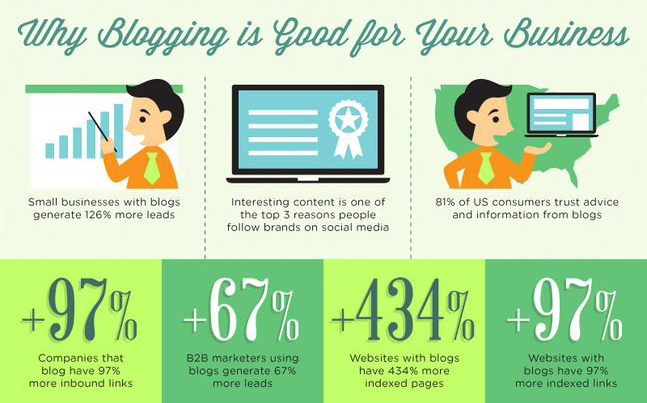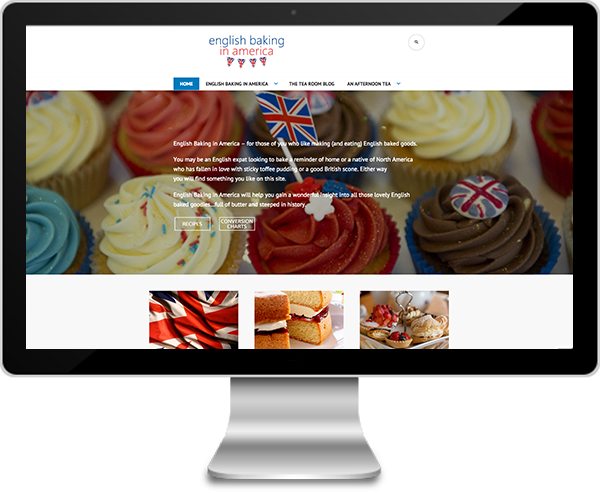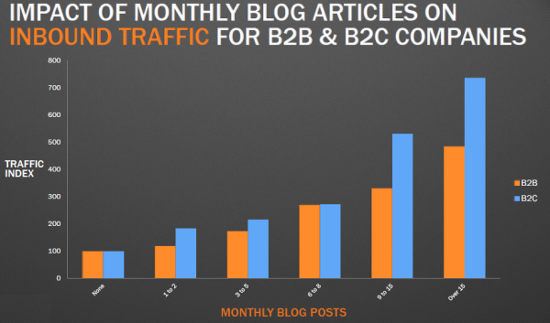What is a Blog For?
When it comes to blogging there is no magic formula for the level of success. It really comes down to interesting content, regular well-written posts that people find informative and engaging and to a degree; luck, especially if a social media aficionado announces to the world that they have ‘just found the coolest thing’!
Managed correctly a blog can be a powerful marketing tool to build an audience, inform people about products, expertise, knowledge and services, and ultimately bring potential customers to your brand.
However, before you begin it is important that you want to bog, you enjoy blogging and want to increase traffic to your website. A blog needs to be something you are interested in and something you want to write about. You also need to decide what your blog is for, what you want to get out of it and the ultimate goal.
- Is it to write educational and informative content so that prospective customers can find it?
- Perhaps your goal is to increase your exposure and drive traffic to your website to elevate your position on Google?
- Do you want to write something you are passionate about?
- Maybe you wish to prove you’re knowledgeable and have experience about the industry you are in?
If your blog is designed to attract prospective customers to your website, then think about publishing some reviews and comparisons of products and services. Or write an article about the history behind something. Your goal is to appear knowledgeable and become a go-to resource for your audience. In time they will trust your research, ideas, experience and come back on a regular basis.
If you would like to sell your consulting services, think about writing an article or a case study on a project you have completed.
If you want to appear knowledgeable on one particular area create a blog series on one topic broken into several parts, or a ‘how-to’ guide for instance.
The important point is to define your objectives and create a blog to meet your goals. Having a successful blog is about getting into a rhythm. You do not need to write something everyday, just post regularly – at least once a week – and people will look forward to the next article.
Your post’s don’t have to be the length of war and piece, your post can be anything you want it to be. Just make sure it is interesting, creative, practical and something that will earn people’s interest with engaging content. Once you begin to build your audience it is then up to you to keep them entertained.
The following list offers a few suggestions for theme of your next post.
- How-to’s and tutorials
- Lists
- Resources and history behind something
- Cheat sheets, check lists and to-do’s
- Reviews and comparisons of products and services
- Controversial posts
- Info graphics
- Podcasts
- Video’s
- Interviews
- Guest posts
- Blog series – posts on one topic broken into several parts
- Personal stories
- Reports
Happy blogging!


![10 Fundamentals for Successful Blogging [Infographic]! 10 Fundamentals for Successful Blogging [Infographic]!](http://johneengle.com/wp-content/uploads/2014/01/10-dos-for-successful-blogging.jpg)

